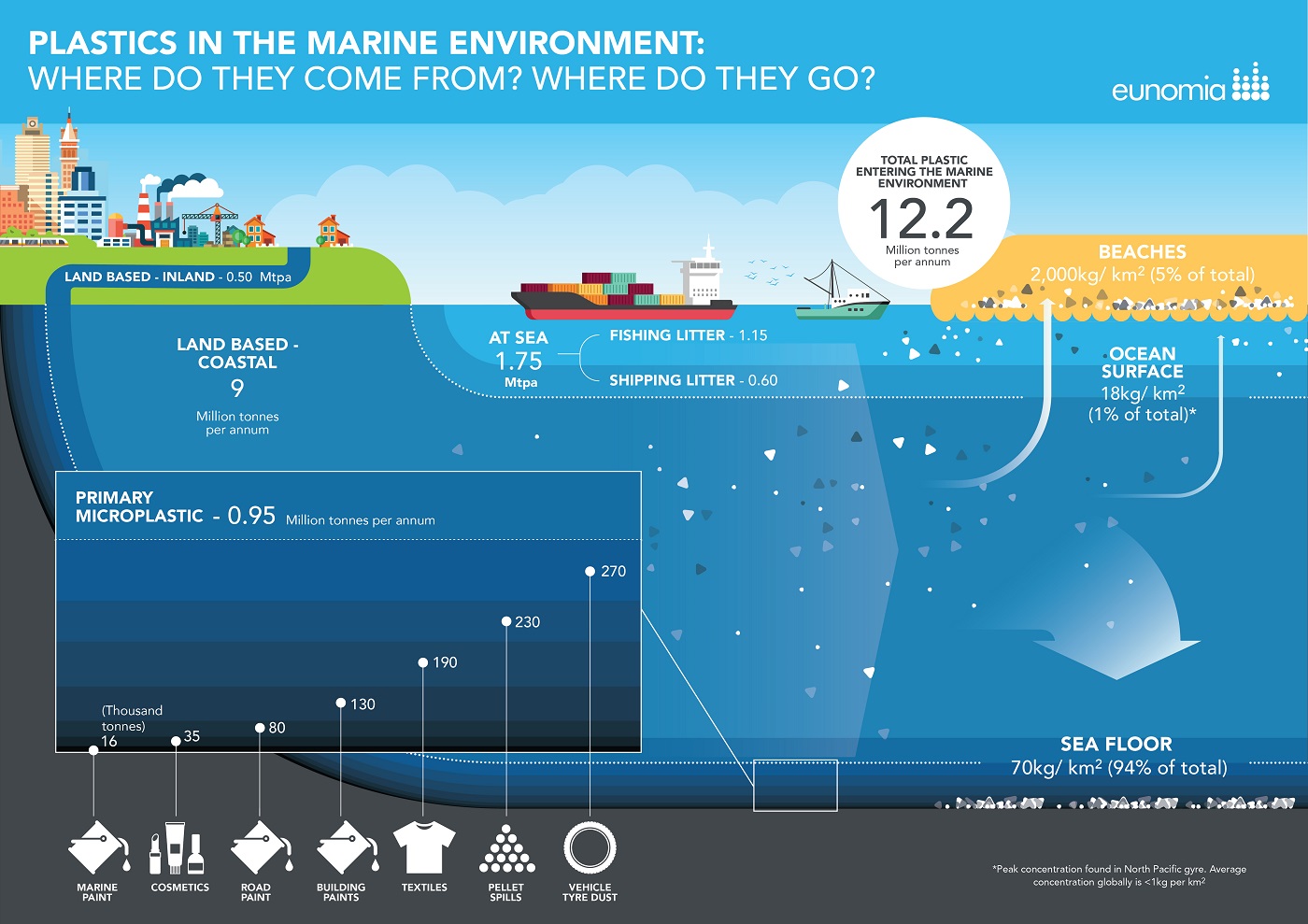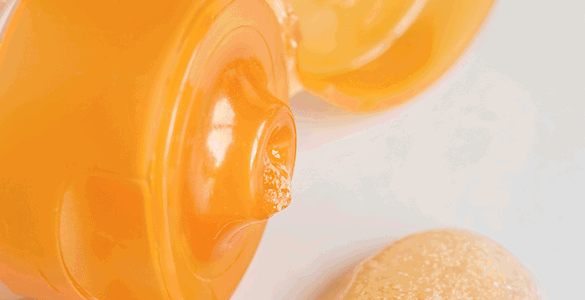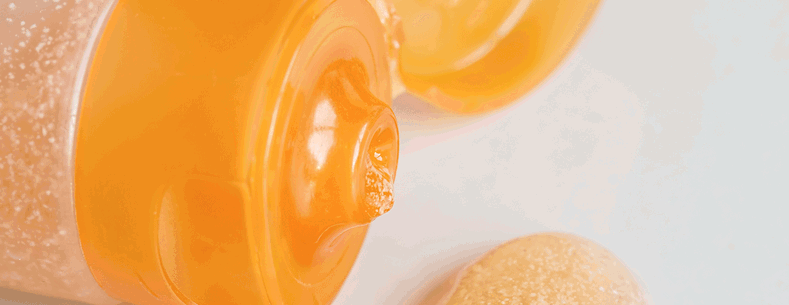Recent media coverage, notably the BBC Blue Planet II series, has highlighted the scale of marine pollution and plastic debris in our oceans. One estimate suggests that 12.2 million of tonnes of plastic enters the marine environment each year. Of this, around 0.95 million tonnes are microplastics.
Plastic doesn’t biodegrade, it photodegrades. UV light breaks plastic down into smaller pieces over time, creating microplastics. These are plastic particles which are just a few millimetres in size and are easily ingested by marine life. Not only does this ingestion have a negative effect on marine life, but it is also a toxic material entering the food chain. Microplastic debris is likely to have accumulated in the deep sea to “a significant degree” according to a 2014 paper published by the Royal Society Open Science.
Of the 0.95 million tonnes of microplastics entering our marine environment, 35 thousand tonnes are from cosmetics, most commonly ready-made microplastics in the form of microbeads. 
What are microbeads and why are they harmful?
Microbeads have come under the spotlight in recent years thanks to public awareness campaigns, such as Beat the Microbead and the work of environmental organisations such as the Marine Conservation Society and Greenpeace.
Given their abrasive properties, they are used as exfoliants in cosmetics and household products such as toothpastes, shower gels, body scrubs, shaving products and washing detergents. Up to 680 tonnes of plastic microbeads are used in cosmetic products sold in the UK every year resulting in billions of tiny beads entering our seas annually.
Once microbeads are washed down the drain, they find their way into aquatic ecosystems. The tiny beads are difficult to completely filter out of the water, so some remain in the marine environment where they accumulate and contribute to the growing problem of marine pollution.
Worldwide action
In 2015, the USA introduced a ban on rinse-off cosmetics and over-the-counter drugs containing microbeads. Other countries that have since implemented similar bans are Canada, France, New Zealand and Taiwan.
Australia, Ireland, Italy, Netherlands, Sweden have all announced plans to ban microbeads in the near future.
UK action
In December 2016 a UK-wide consultation was launched, seeking views on a proposed ban on the manufacture and sale of microbeads in cosmetics and personal care products. The result was an agreement by UK ministers to ban products containing plastic microbeads. Although a collaborative consultation, UK nations are introducing individual regulations, applying a consistent approach where appropriate.
On 9 January 2018 The Environmental Protection (Microbeads) (England) Regulations 2017 brought in the ban on the manufacture of microbeads in England. Microbeads are defined in the regulations as “any water-insoluble solid plastic particle of less than or equal to 5mm in any dimension”.
Scottish Ministers committed to introducing subordinate legislation in Scotland. Draft regulations have been published, and the anticipated date for the introduction of the legislation is 30 June 2018.
The Welsh Government consultation on how the ban should be applied in Wales ended on 8 January 2018. It looked at options for how a ban would be implemented and enforced in Wales. The Welsh Government has since published a summary of consultation responses.
Legislative process in Wales
Following the consultation, the Welsh Ministers drafted the Environmental Protection (Microbeads) (Wales) Regulations 2018.
The draft subordinate legislation (in the form of a statutory instrument or “SI”) is subject to the Assembly’s affirmative procedure, meaning that the Assembly has to formally approve the draft SI before it comes into effect.
The draft SI has been laid before the Assembly, accompanied by an explanatory memorandum which includes a Regulatory Impact Assessment.
The motion to debate the draft SI has been tabled for the 19 June 2018. If the legislation is approved, the ban on the manufacture and sale of products containing plastic microbeads will come into effect from 30 June 2018.
What will the ban do in Wales?
Once the ban is in place it will be a criminal offence for anyone to manufacture, sell or offer to supply any rinse-off cosmetic or personal care products which contain plastic microbeads in Wales.
‘Enforcement’ and ‘civil sanctions’ will be introduced. Enforcement officers will have power of entry to carry out any necessary investigation. The civil sanction regime will comprise of compliance notices, stop notices and enforcement undertakings. If an offence is committed then Welsh Local Authorities will be able to impose a variable monetary penalty up to £20,000.
The ban will reduce the discharge of microbeads into the marine environment, supporting aims to reduce marine litter under the Marine Strategy Framework Directive (MSFD) and contributing to an overall goal of achieving Good Environmental Status of our seas. The Explanatory Memorandum accompanying the regulation concludes:
The intervention is designed to protect the marine environment from further pollution, foster consumer confidence that the products they buy will not harm the environment, and support the cosmetics industry by setting a level playing field while ensuring a suitable timescale for implementation to minimise impact on the industry. It will also set an example for other countries and encourage wider adoption of legislation.
Article by Lorna Scurlock, National Assembly for Wales Research Service
Source: Plastics in the Marine Environment, Eunomia






